A researcher at the Egyptian Russian University proposes a biochemical marker for obtaining a safe pregnancy for women
Dr. Ghadir Ali Sayed Bastawesy, a lecturer at the Department of Biochemistry at the Faculty of Pharmacy at the Egyptian-Russian University, was able to participate in publishing a research that includes studying a new marker to predict the quality and vitality of embryos before transferring them to the mother’s womb to obtain a high percentage of safe pregnancy for women. And that is with cooperation With Prof. Dr. Hussein El Sawaf, Head of the Department of Biochemistry at the Faculty of Pharmacy at the Egyptian Russian University, Dr. Ahmed Hussein El Sawaf, Professor of Obstetrics and Gynecology at the Faculty of Medicine at Cairo University, Dr. Mohamed Said, an embryologist, and Dr. Iman Hassan Ibrahim, Assistant Professor in the Department of Biochemistry, Faculty of Pharmacy, Al-Azhar University for girls.
The researcher, Dr. Ghadir Ali Sayed Bastawesy, added that PCOS is one of the most popular “endocrine” diseases among women and that ICSI is the third line of treatment for patients with this syndrome, where the fertilized embryos are transferred using two strategies: The traditional strategy in which the new embryos are transferred directly after the fertilization process, and the freezing strategy in which the embryos are preserved by freezing before thawing and transferring them to the uterus, indicating that the embryo transfer depends mainly on an important step which is the selection of embryos with good microscopic specifications and that this evaluation varies greatly according to the individual estimate.
The lecturer at the Department of Biochemistry at the Faculty of Pharmacy of the Egyptian Russian University indicated that a new marker has been studied to predict the quality of embryos prepared for transferring to the mother’s womb. The ratio of mitochondrial to genomic DNA (mtDNA / gDNA) was measured on the third day of in-vitro fertilization of the egg using the technique of polymerase chain reaction (PCR), and bioinformatics study was performed to investigate gene activity. Which may be related to mitochondrial activity and fetal quality, in addition to the morphological evaluation as a non-invasive indicator of the viability of the embryos.
The researcher, Dr. Ghadir Ali Sayed Bastawesy, added that this study included (100) women diagnosed with “polycystic ovary syndrome” from women undergoing IVF, in addition to (33) healthy-looking women who undergo ICSI for not having children for unknown reasons. The results showed that the ratio of (mtDNA / gDNA) in the culture medium of embryos for women with polycystic ovary syndrome; is statistically lower than the healthy group.
The lecturer at the Department of Biochemistry of the Faculty of Pharmacy of the Egyptian Russian University revealed that the ratio of (mtDNA / gDNA) in the culture medium of fresh embryos is slightly higher than that of frozen embryos and that the specificity and sensitivity of the ratio of (mtDNA / gDNA) in the culture medium of embryos for patients with polycystic ovary syndrome as an indicator of pregnancy outcomes is equal to 86% and 96%, respectively. This indicates the possibility of using the studied marker in the scientific prediction of the quality of embryos.
The researcher, Dr. Ghadir Ali Sayed Bastawesy, noted that the results of the research have been published in a research paper in the international journal “Pharmacogenomics and Personalized Medicine”, which is specialized in the field of biochemistry, genetics, and molecular biology. It is included in the international Scopus classification with an impact factor of (3.264), and the researcher recommends that in future research, consideration could be given to using the ratio of (mtDNA / gDNA), in the culture medium of embryos on the third day as an indicator to predict the quality of the embryos. Hence the high rate of pregnancy.
The lecturer in the Department of Biochemistry of the Faculty of Pharmacy of the Egyptian Russian University recommended that further studies could be conducted to clarify the role of (mtDNA / gDNA) as a predictive marker for the viability of the fertilized egg in samples of women who undergo IVF due to other factors of infertility such as endometriosis and early ovarian failure. Also, further studies to assess the role of mitochondrial genes and oxidative stress status on embryo quality could be performed.
Dr. Ghadir Ali Sayed Bastawesy, a lecturer at the Department of Biochemistry at the Faculty of Pharmacy at the Egyptian-Russian University, was able to participate in publishing a research that includes studying a new marker to predict the quality and vitality of embryos before transferring them to the mother’s womb to obtain a high percentage of safe pregnancy for women.

